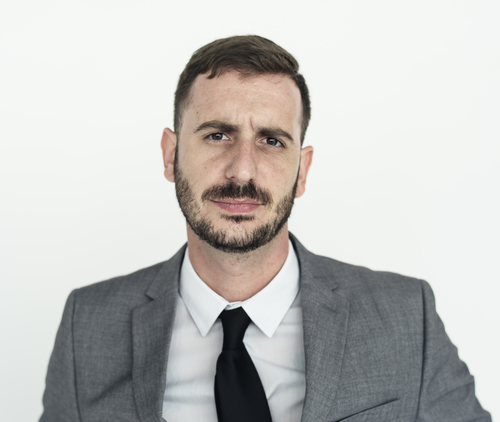


ST. JOHN’S — Recent reports from your workplace suggest that George Everrett, the man with whom you’ve been talking for three minutes, has not listened to a word you just said and is deciding whether to voice his confusion or just change the subject.
“Of course,” he has said several times, “yeah, totally”.
Despite nodding along the entire time, Everrett has had a glazed look in his eyes since ten seconds into your conversation, or about the time that he stopped talking and you started. The glazed expression lessened when he thought you were about to ask him about his day, but quickly changed to moderate fear when he realized you were continuing to talk about the same thing, whatever that was.
“He’s in a precarious situation,” explained Dr. Kathleen Copeland, a behavioural psychologist on the scene, “he’s picked up a few bits of information, but definitely not enough to understand the full context of what you’re saying. At the moment he’s coming up with a working theory of what you’re talking about by reading your facial expression, checking if you’re holding anything important, and trying to remember other conversations the two of you have had in the past.”
Everett is buying time by asking generic question like “How do you feel about that?” and describing what you have to say as “Interesting”, but is keenly aware that it is only a matter of time before you ask him his opinion on what you’ve just said.
At press time, Everett has decided to just say “Yes” when you’re done talking.


